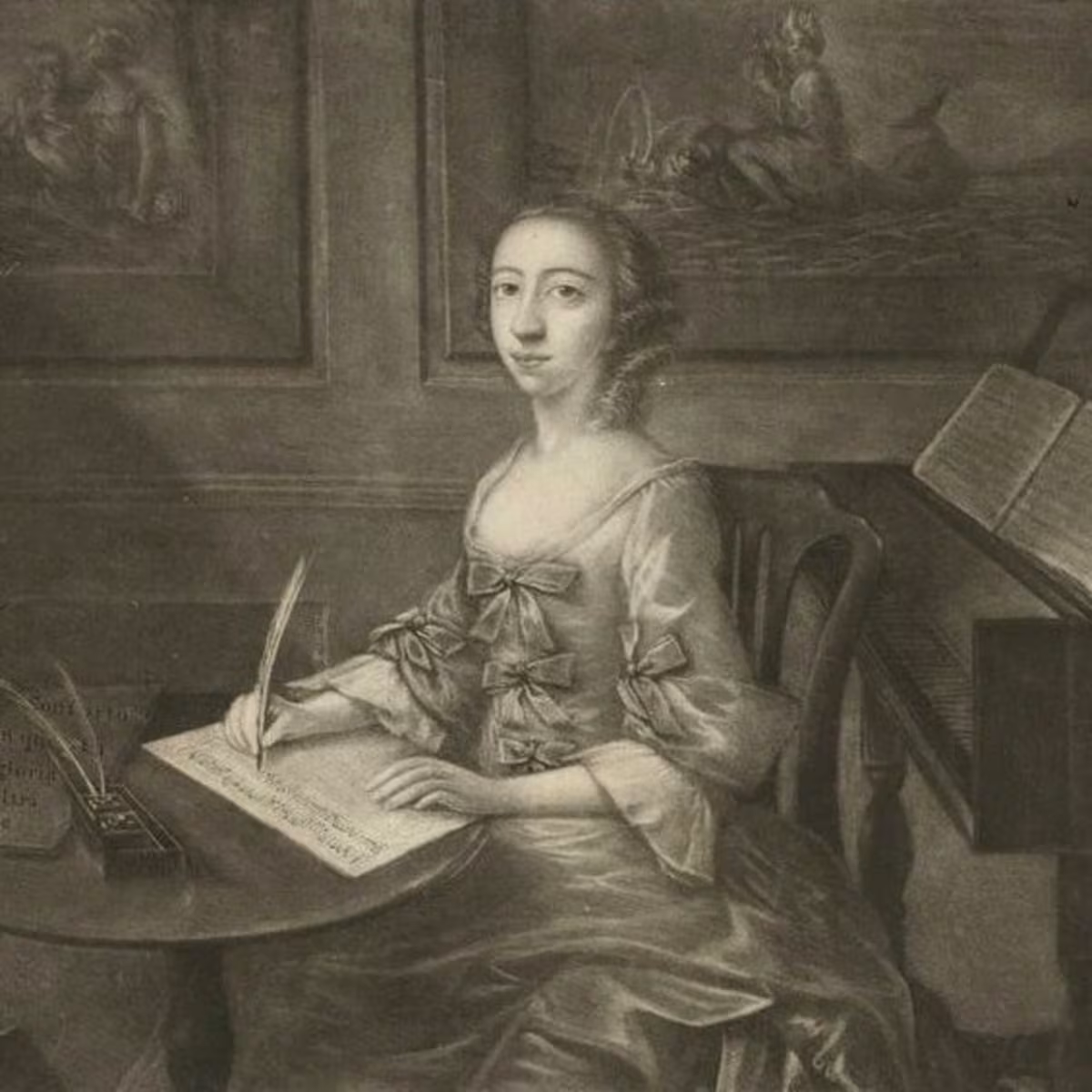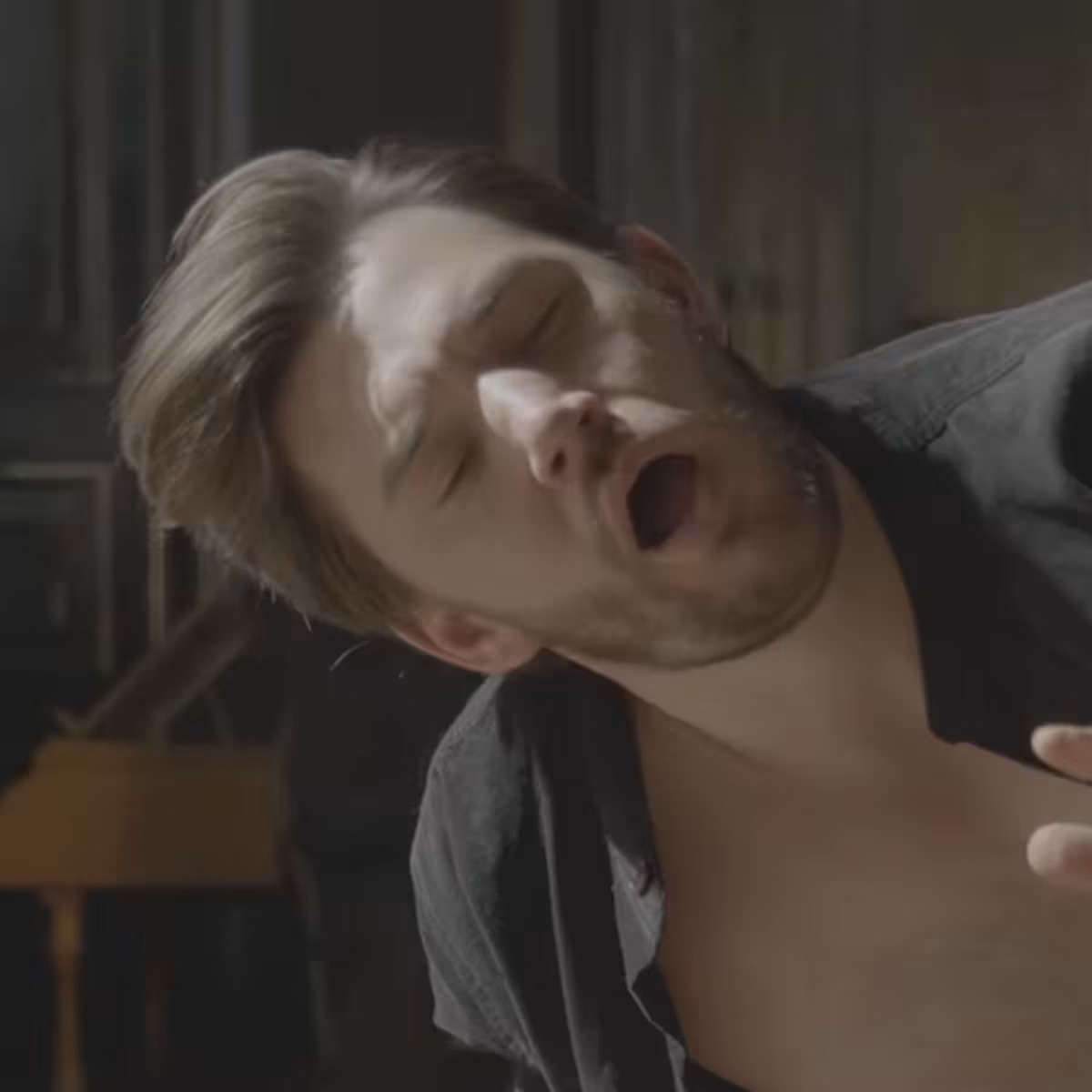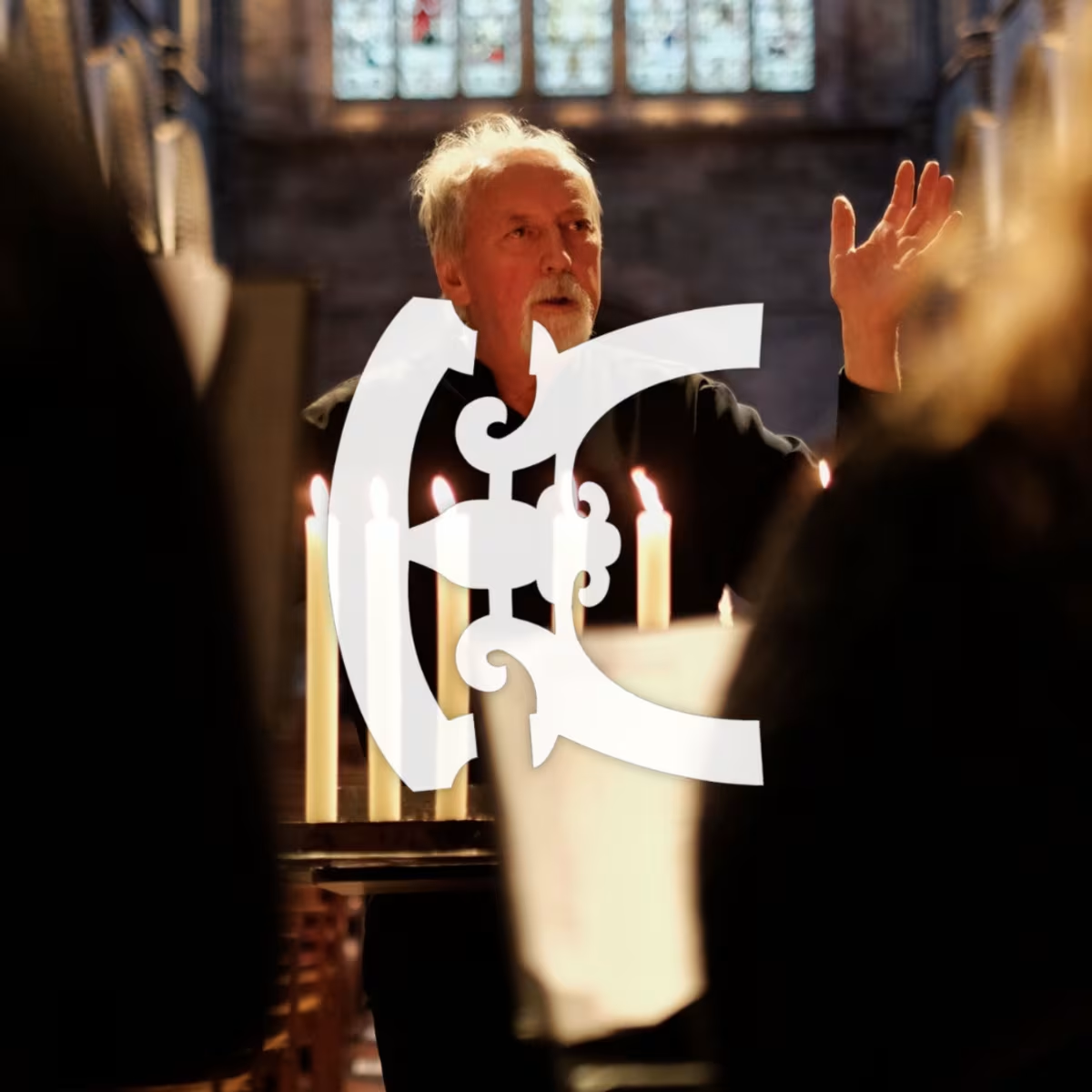Feature
Senses, scores and square pianos
Celebrating Jane Austen and her musical world
Share this

BY SIMON MUNDY | FIRST PUBLISHED 23 NOV 2025
Had Jane Austen been as long-lived as her stories, she would be celebrating her 250th birthday on 16 December this year and, no doubt, relishing that she was able to collect royalties for the last 140 or so years of that. Ridiculously, though, she died in 1817 at the age of only 41 and never collected any royalties at all. She was on the one hand a pioneer, forcing the male publishing world to take her seriously, on the other a woman who inhabited and wrote about the genteel, but deeply conventional middle-class society of southern England. It was a society full of prejudice and nonsense etiquette, and Austen's gift was to expose it while being sympathetic to her characters caught up in its absurdities. I'm pleased to say the publisher of my books, Renard Press, has been issuing delightful editions of her lesser-known writing all year.
Austen did not spend all day, every day, writing, of course. When she laid down her pen, she loved to play the piano, usually one of the square pianos that were the domestic norm until the upright replaced them later in the 19th century – and perhaps in larger houses (like her brother’s), the grander curved-shaped ones seen in concerts today. The instruments she and her circle would have enjoyed playing were made by John Broadwood – she mentions one – as well as by Christopher Ganer and Muzio Clementi. All of them had London workshops.
David Owen Norris introduces a Christopher Ganer Square Piano from 1781.
Not surprisingly, there are programmes and events over the coming months exploring Jane Austen's links with music. The composer, scholar of early pianos and irrepressible performer David Owen Norris will be giving concerts at Hatchlands Park, the National Trust house at East Clandon in Surrey that houses the Cobbe Collection of historical instruments. David says, ‘on her birthday I'm performing on a Ganer square piano from 1792: things from her own collection, and music especially designed for 18th century square pianos which had levers instead of pedals – which meant you had to have a hand free to change the pedal, like an organist changing stops. The makers usually gave you two levers – one below and one above middle C.’

Much of the music Austen collected is now housed in the library at her brother's house, Chawton House, near Alton in Hampshire. ‘There's an anonymous sonata in her own hand without a composer's name, but with a cartoon of a woman with a fashionable Greek hair-style, just before the Finale. Maybe, just maybe, it's her own sonata. The books used to be separated between the museum in her rather large cottage on the Chawton estate and her descendants,’ David points out, but the sources have now been brought back together.

Although Austen lived in Chawton, she died in Winchester, where she had gone to have treatment for her final (but not fully-diagnosed) illness. There she lodged in 8 College Street. Rather summing up the difference between the past reputation of Austen and her present celebrity, David tells me, ‘Winchester College used it as the school tuck shop for many years. Now it has opened the house to the public but only for for 28 days this year, and 12 people at a time. It was an honour to be there and the instrument restorer Cesar Hernandez has installed his own 1817 Clementi, with its original strings.’
Soprano Penelope Appleyard has been immersing herself in Jane Austen-related concerts all year, pairing with fortepianist Jonathan Delbridge, who uses an 1814 Broadwood square piano. They call themselves The Little Song Party and they wear period costume to add to the atmosphere for their Sense and Musicality programme.

‘I started putting the programme together before I realised it was the anniversary,’ Penny explains. ‘It's all connected to Austen. She loved music, whether Gluck or folk music, so we include readings and extracts from her letters and explore what we describe as her “head versus heart” relationship with music. We've approached the theme with fun, and a few laughs. There's a scene in Sense and Sensibility where there's a grand concerto being played loudly to cover private conversation, so we recreate that. This sideways look is the essence of Austen. We also commissioned Ode to Pity, a musical setting of Austen’s poem, composed by Donna McKevitt and designed to be a song Jane would enjoy. It’s inspired by the folk music she loved, and is possibly the first contemporary music intended for square piano accompaniment. We released the track in September this year along with two songs Austen knew: Song from Burns and Robin Adair, and the sheet music will be available soon.’
Penelope Appleyard (soprano) & Jonathan Delbridge (square piano) perform Robin Adair - the only song mentioned by name in Jane Austen’s novels.
In Emma, Austen refers to the Irish song Robin Adair, which had lyrics in his praise by his wife, Lady Caroline (daughter of the Earl of Albemarle). In Jane’s music books, the tune is given as a set of piano variations by George Kiallmark (a famous piano teacher from King’s Lynn) and that is the form in which David Owen Norris performs it. The Little Song Party, though, gives it in song version, naturally.
Penny feels that the spirit of Austen’s writing and personality is best served by recreating the mood of an evening in the houses of Hampshire’s gentry. ‘There was a trend at the time for adding percussion to piano pieces so that more than one person in the drawing room could participate, so we've found a couple of waltzes for piano with triangle and tambourine. We’re celebrating domestic music-making, where everyone chips in. I love that Jane Austen was often quite bored in concerts. I suspect she enjoyed playing more than listening – a sort of extension of folk music.’
‘Ode to Pity’ (2024) for soprano and square piano – a new setting of Jane Austen’s poem by composer Donna McKevitt, inspired by the music Austen loved. Commissioned by Penelope Appleyard and released on VOCES8 Records.
On Austen's actual birthday, David Owen Norris will present a Jane Austen recital with champagne and mince pies at the Cobbe Collection on 16 December at 12pm, to be repeated at 3pm.
The same day, Penny and Jonathan will join the Virtual Birthday Party – an annual online event hosted by the Jane Austen House – which will also feature the writer Deborah Moggach, who wrote the script for the 2015 adaptation of ‘Pride and Prejudice’, actor Tamzin Merchant who appeared in it and a number of other guests.
LIVE from London will feature The Little Song Party with guest reader Zeb Soanes as they settle in for a festive evening of Regency music and merrymaking online, streaming on demand from 8 December until 6 January 2026.
The Little Song Party’s Jane Austen programmes can be experienced live at more events across the UK in 2026.
Share this
Keep reading

Elisabetta da Gambarini: A musical force of nature in Georgian London
Ahead of Academy of Ancient Music’s concert, ‘Gambarini: English Impressaria’, Rachel Stroud reflects on Elisabetta da Gambarini’s remarkable career.

Bellot Ensemble | Cavalli: ‘Delizie, contenti’
Bellot Ensemble and tenor Kieran White perform ‘Delizie, contenti’ from Francesco Cavalli's 1649 opera, 'Il Giasone' on the album, ‘Cupid's Ground Bass.’

Jeffrey Skidmore: Playlist
In this playlist, Jeffrey Skidmore reflects on what Ex Cathedra have performed and recorded, as well as what continues to shape their musical identity.





